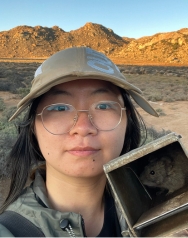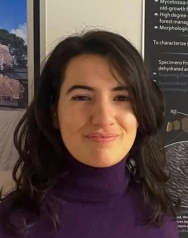
JICE ECR Fellowships
The Joint Institute for Individualisation in a Changing Environment (JICE) offers fellowships for outstanding Early Career Researchers (ECRs) from around the world who are establishing their own independent research profile. The ECR Fellowships are intended to enable them to develop long-term research collaborations on causes, mechanisms or consequences of individualisation within the interdisciplinary research environment of the JICE.
The funding will be granted for remote or on-site fellowships at Bielefeld University or the University of Münster for up to six months in 2025.
What is provided?
Depending on the format of the fellowship, ECR Fellows may benefit from:
- funding of travel and accommodation
- a monthly stipend of up to 1,500 € to cover additional expenses
- a workspace at Bielefeld University or the University of Münster
- integration into an inspiring interdisciplinary research environment focused on individualisation research
- administrative support for the organisation of the stay
How to apply?
Applications are currently not being accepted. We will inform you here when applications are accepted again.
Contact
For further information:
Dr. Tobias Zimmermann
Scientific Coordinator
contact@jice.info






